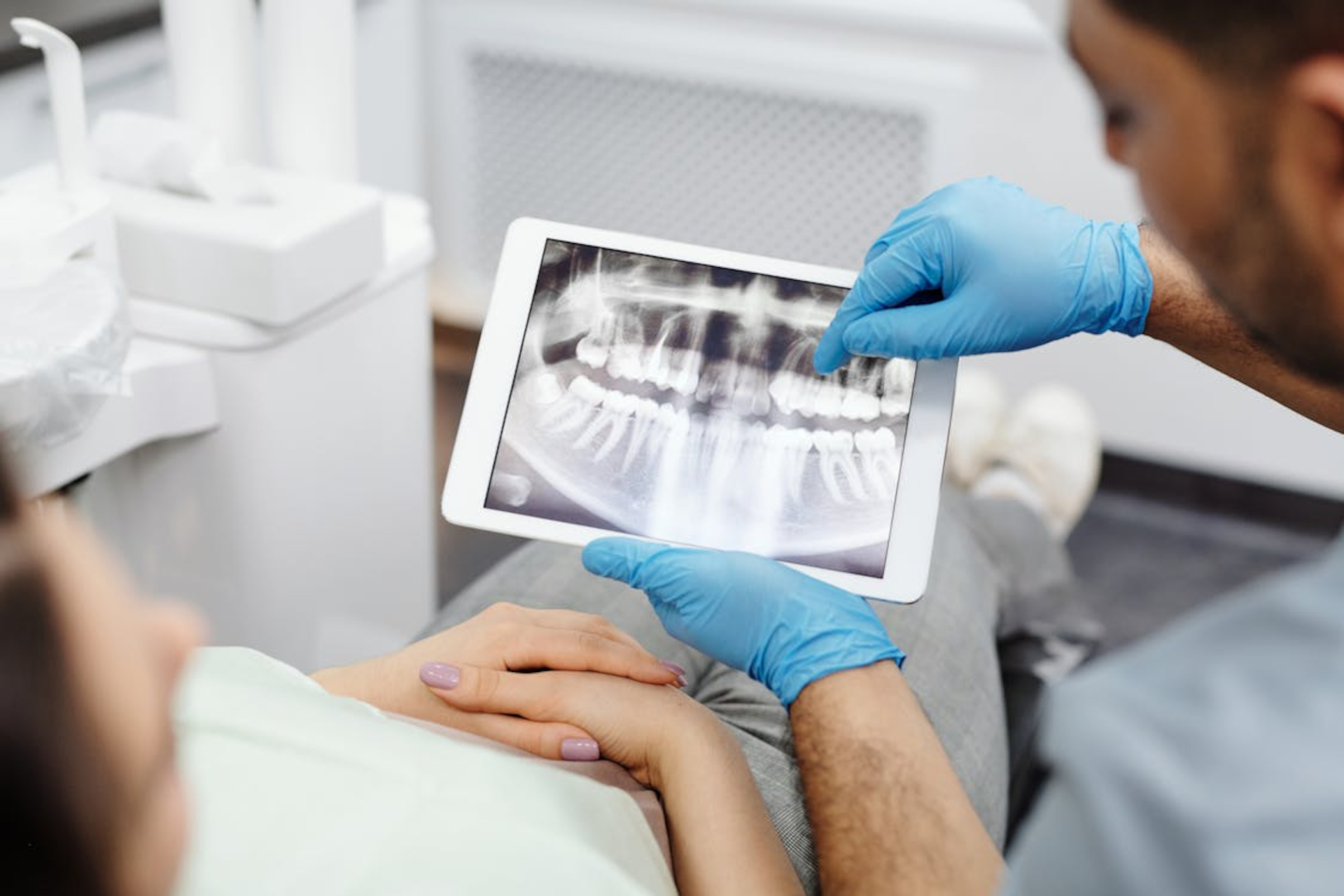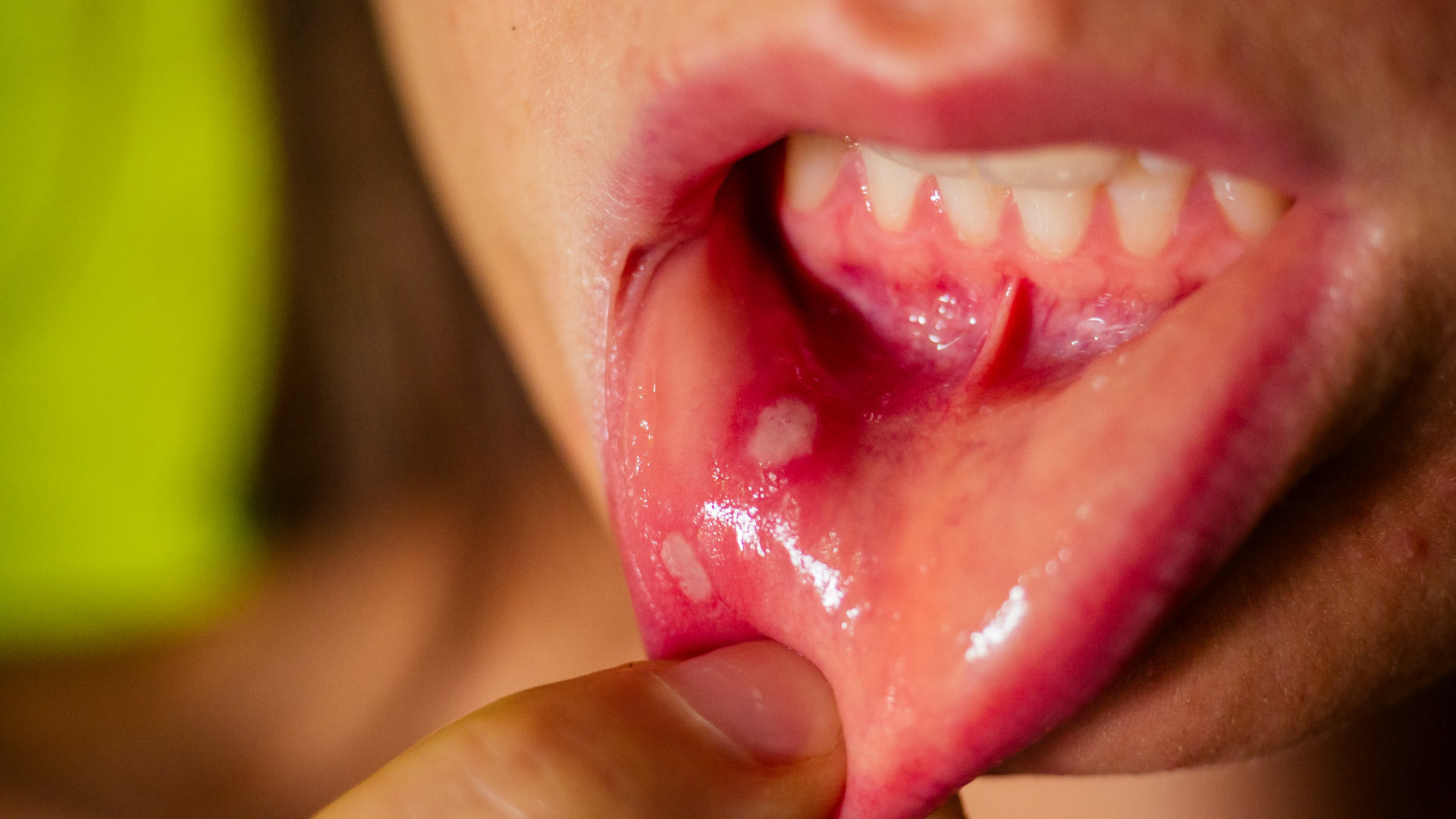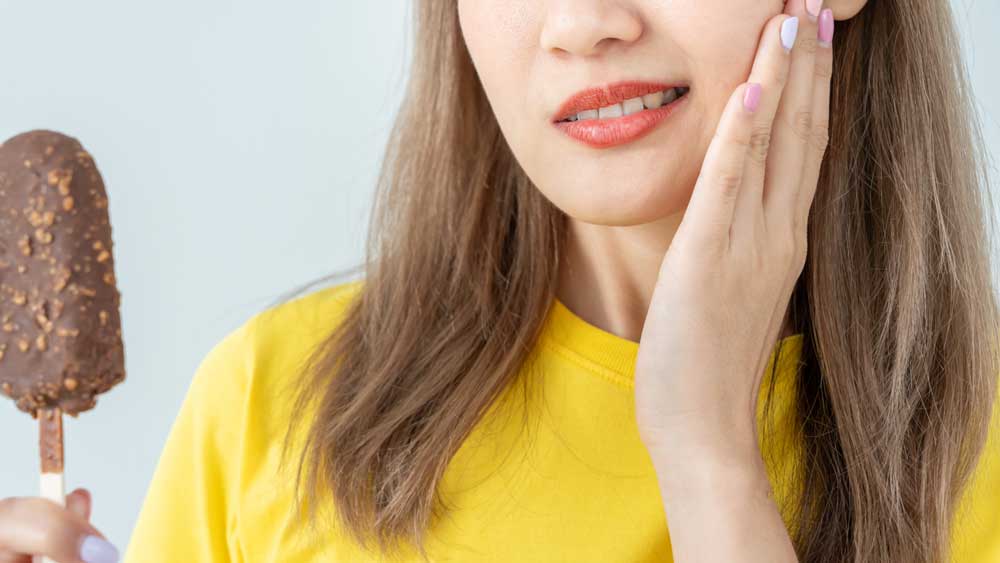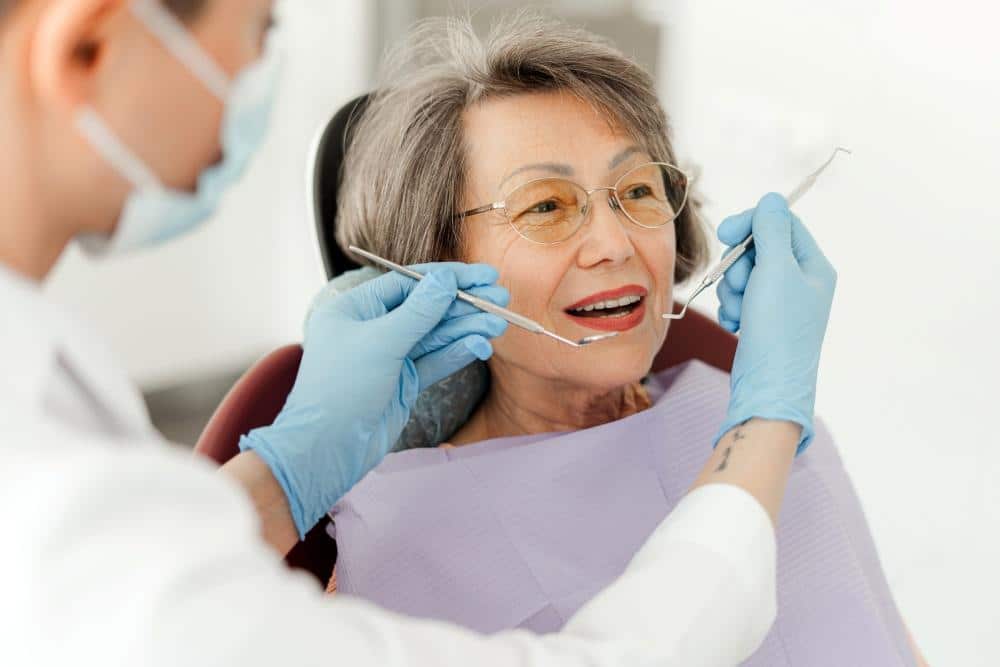
What Are the Dental Problems of the Elderly?: Addressing the Growing Need for Senior Oral Care
As Singapore moves toward becoming a super-aged society, with one in four residents expected to be aged 65 and above by 2030, the demand for dental care tailored to seniors is steadily increasing.
With more older adults keeping their natural teeth longer, age-related oral health concerns are becoming more complex—and often more urgent. Plus, many seniors delay dental visits due to fear, past trauma, or mobility challenges, only seeking help when the problem becomes severe. To meet these needs, dental clinics are evolving—designing treatment rooms that accommodate wheelchairs, offering on-site X-rays, and adopting gentler approaches to care.
But will these shifts suffice?
Frequent Dental Problems Associated with Age
As we age, the risk of developing dental problems increases. Years of wear, health conditions, and medications can all contribute to oral health decline. According to the HealthHub, these are some of the common dental issues that often affect the elderly in Singapore:
- Periodontal (Gum) Disease: Gum disease begins with plaque—a layer of bacteria that forms on the teeth. If not removed, plaque hardens and leads to gum irritation, swelling, and eventually infection. If left unaddressed, this condition can erode the bone supporting the teeth, significantly increasing the likelihood of tooth loss.
- Root Caries: As gums recede with age, the roots of teeth may become exposed. These areas are not covered by enamel and are more vulnerable to decay. Bacterial acids attack these exposed roots, leading to cavities that can progress quickly if not treated.
- Dental Plaque Accumulation: Plaque is a sticky, bacteria-filled film that clings to the teeth and gums. When sugar is introduced, the bacteria in plaque produce acid that erodes tooth enamel and irritates the gums.
- Tooth Wear: Tooth surfaces naturally wear down over time due to chewing and daily use. However, habits like teeth grinding (bruxism), overly aggressive brushing, acidic diets, or conditions like gastric reflux can speed up this process.
- Edentulism (Tooth Loss): Losing one or more teeth becomes more common with age, often due to a combination of decay, gum disease, or injury. Missing teeth can affect speech, chewing ability, and overall nutrition, and may also cause shifting in the remaining teeth if left untreated.
- Xerostomia (Dry Mouth): Dry mouth is often a side effect of medication or the result of salivary gland disorders. Saliva helps protect teeth and gums, so a lack of it can increase the risk of tooth decay, gum irritation, and difficulty eating or speaking comfortably.
- Stomatitis: This refers to inflammation in the soft tissues of the mouth. It can be caused by poorly fitting dentures, reactions to certain foods, dental materials, or infections.
- Oral Cancer: Oral cancer refers to the growth of invasive tissues that damage the normal structures within the mouth. While its exact cause remains unknown, risk factors include smoking, alcohol consumption, and betel nut chewing.
The Importance of Specialised Dental Care for Seniors
As mentioned, as Singapore’s population continues to age, there’s a growing need for dental care that goes beyond standard procedures. For one, older adults often present with a mix of medical issues—chronic conditions like diabetes, heart disease, or Parkinson’s, alongside cognitive impairments such as dementia. These health concerns can complicate both oral hygiene and treatment. In addition, seniors may have limited mobility or face difficulty following instructions, especially if they experience memory loss or reduced attention span.
Dental clinics caring for elderly patients must thus be prepared for these challenges. This includes being aware of the medications they are taking and how some of these can affect the mouth—causing dry mouth or a heightened risk of infections. Dental treatment plans also need to consider the patient’s social background, physical stamina, and communication ability. In practical terms, this means having dental rooms that are wheelchair-accessible, equipped with tools that allow procedures to be performed while the patient remains seated comfortably and safely.
And what happens if they do not get proper dental care?
Poor oral health in seniors can go far beyond toothaches. Untreated gum disease or decay can make eating painful, which might even lead to nutritional issues. Infections in the mouth may spread, potentially affecting other organs in already vulnerable individuals. Dental pain or missing teeth can also contribute to emotional distress, affecting how seniors interact with others and undermining their sense of self.
Potential Solutions and Steps Forward
To meet the various needs of elderly patients, Singapore’s dental care system is beginning to evolve.
While geriatric dentistry isn’t formally recognised as a specialty, there have been steps toward greater awareness and preparedness. For instance, the National University of Singapore offers a graduate diploma focused on geriatric care, helping dental professionals better understand how to manage patients with complex conditions.
There’s also a call to make dental care more accessible. That includes equipping more clinics with elderly-friendly facilities and encouraging continuing education for practitioners. These efforts help address the practical and emotional barriers that older patients may face when seeking care.
Oral Hygiene Tips Tailored for the Elderly
Daily habits form the foundation of good oral health at any age—and this remains especially true for older adults. As we age, maintaining oral hygiene may become more challenging due to reduced dexterity, sensitivity, or reliance on dentures. But with a few adaptations and reminders, seniors can continue caring for their teeth and gums effectively.
1. Proper Brushing Technique
Brushing harder doesn’t mean brushing better. For older individuals, using a soft-bristled toothbrush with gentle, circular strokes can help clean teeth thoroughly without causing gum damage. Brushing twice a day is still the gold standard, and it’s important to cover all surfaces—especially along the gumline.
2. Flossing Regularly
Traditional flossing can be tricky, particularly for seniors with joint stiffness or gum sensitivity. In such cases, water flossers are a helpful alternative. These devices clean between teeth using a steady stream of water and are often comfortable for those with dry mouths or receding gums.
3. Daily Denture Cleaning
Dentures need the same care as natural teeth. After meals and before bed, it’s essential to remove and clean them to prevent plaque buildup and food residue. For the elderly using adhesives, the grooves where the denture meets the gums should also be gently cleaned to avoid irritation or infection.
4. Using Antibacterial Mouthwash After Meals
Rinsing with an antibacterial mouthwash after eating is a simple way to reduce bacteria and freshen your breath. While not a replacement for brushing and flossing, it adds an extra layer of protection—especially for those prone to dry mouth or who struggle with brushing after every meal. Look for alcohol-free formulas to prevent further dryness.
5. Maintaining a Balanced Diet
What goes on your plate affects your mouth too. A diet filled with leafy greens, fruits, whole grains, and lean proteins supports oral and overall health. Minimising sugary foods and drinks helps reduce the risk of tooth decay and supports better control of chronic illnesses like diabetes.
Understanding Geriatric Dentistry

Geriatric dentistry is dedicated to addressing the unique oral health requirements of older adults, considering both typical age-related shifts and pre-existing medical conditions. It does so by:
Respecting Patient Autonomy
Involving elderly patients in decision-making helps ensure they feel heard and respected. Dental professionals should present appropriate options for each case—such as partial dentures, overdentures, or other tooth replacement methods—and guide seniors to choose what suits their preferences and physical needs.
Reducing Physical Impact
When caring for seniors, especially those managing chronic conditions, less invasive procedures are generally preferred. This means that treatments are generally chosen with the goal of reducing physical stress and minimising recovery time. Avoiding unnecessary surgical interventions helps maintain the patient’s overall well-being and lowers the risk of complications.
Focusing on Long-Term Health
Geriatric dental care extends beyond addressing current complaints. It aims to prevent future oral health issues by recommending sustainable solutions and encouraging consistent hygiene habits. This approach helps minimise emergency visits and allows seniors to preserve their natural teeth and function for as long as possible.
Whether it’s time for a routine dental scaling and polishing or exploring tooth implant options in Singapore, seeking timely care can make a real difference for seniors. For eligible individuals, CHAS dental subsidies can also help ease the cost of treatment, making essential procedures accessible.
If your loved one hasn’t had a check-up recently, encourage them to book one—early care goes a long way in preserving smiles and supporting overall health.
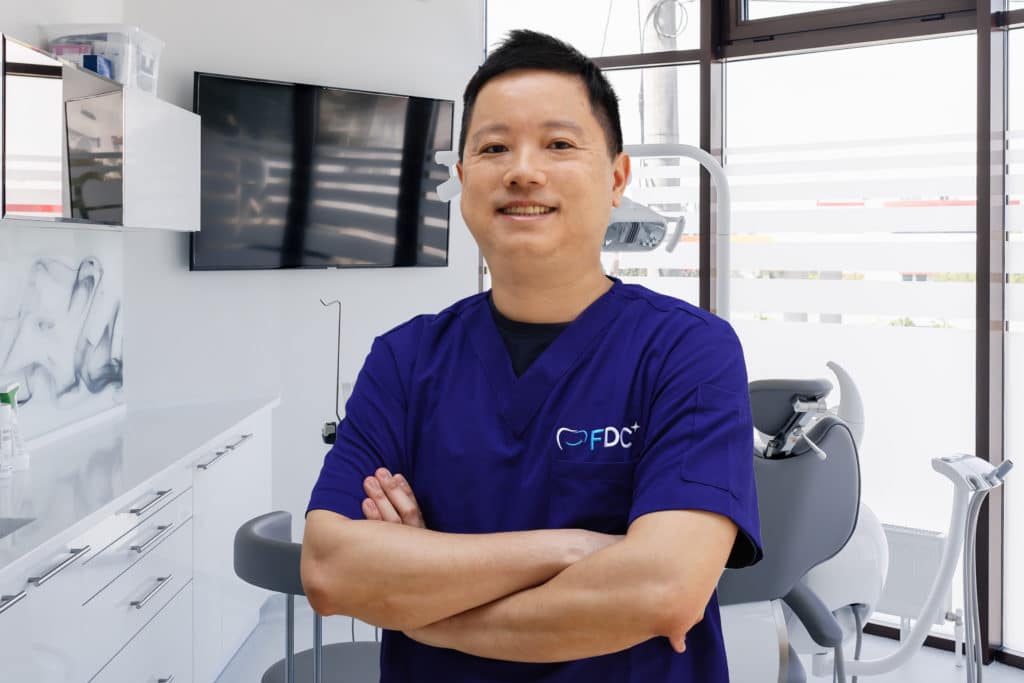
Dr Ng Hin Yeung
Dental Surgeon
BDS (Singapore)
BIOGRAPHY
Dr Ng graduated from the National University of Singapore in 2012 with a Bachelor of Dental Surgery. He then served four years in government institutions, such as NHGP Toa Payoh Polyclinic, School Dental Services, National Dental Centre and Khoo Teck Puat Hospital. He is a member of the Singapore Dental Association.
In his spare time, Dr Ng volunteers at the HealthServe clinic, which provides dental services to migrant workers in Singapore. He also enjoys baking.

